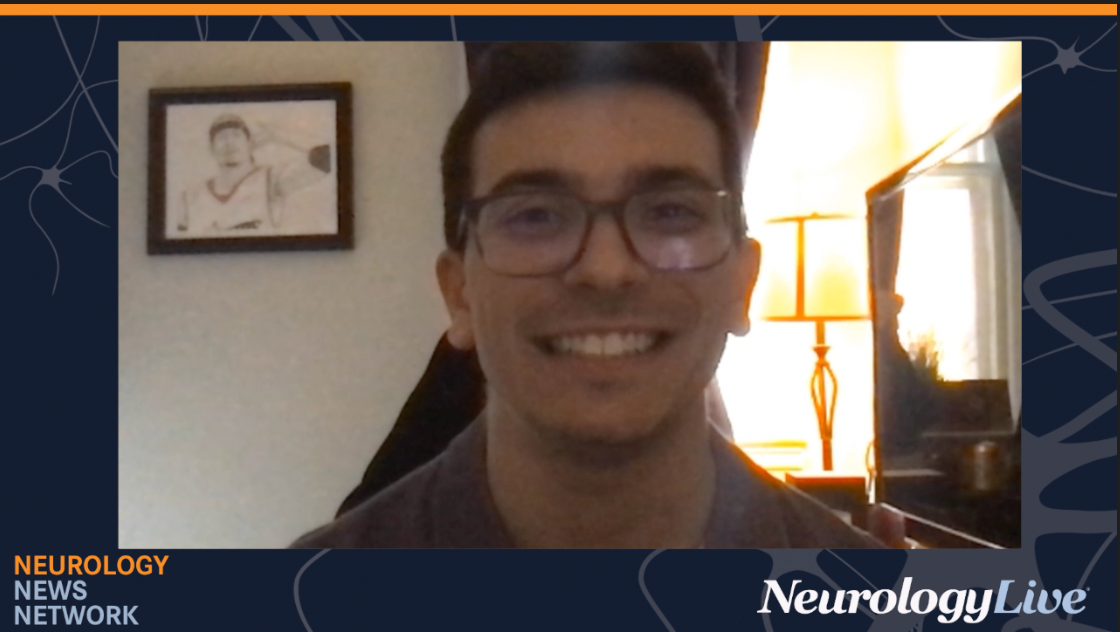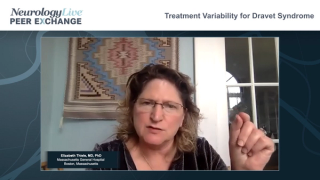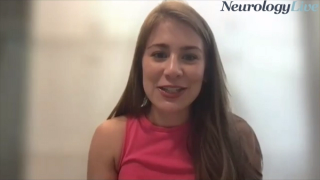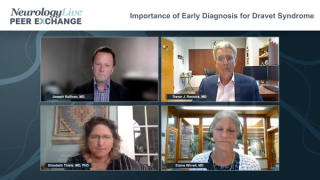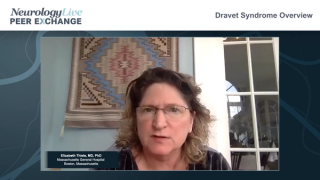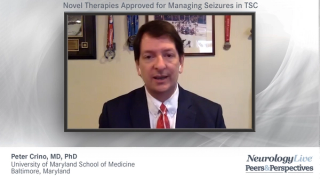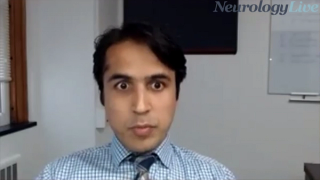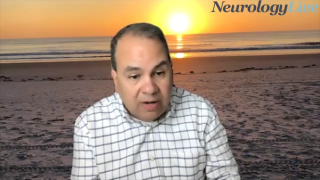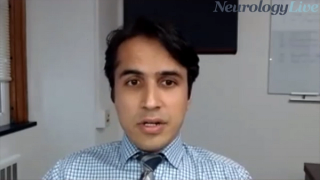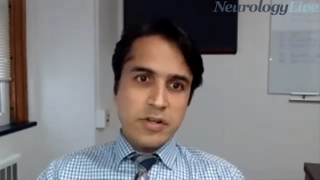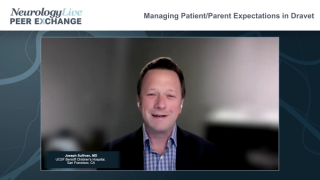
Epilepsy
Latest News

Latest Videos

CME Content
More News
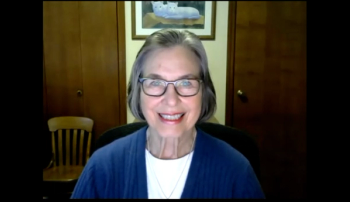
The Distinguished Professor Emerita at Indiana University School of Nursing spoke on the prevalence of stigma in the field of epilepsy and how it can affect the daily life of patients. [WATCH TIME: 4 minutes]
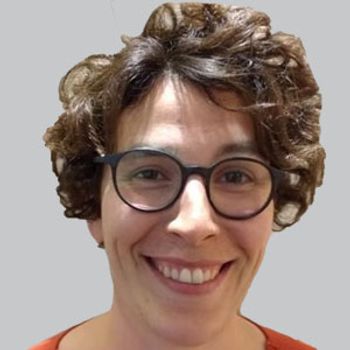
Investigators concluded that despite the linear relation between plasma concentration and dose, monitoring of fenfluramine is clinically relevant due to its high interpatient pharmacokinetic variability.

Here's what is coming soon to NeurologyLive®.
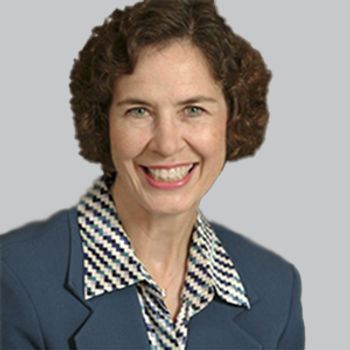
Following the publication of 2 reviews from the International League Against Epilepsy Task Force on Stigma in Epilepsy, Joan K. Austin, PhD, RN, FAAN, spoke on the need to better understand this issue and address it in clinical practice.
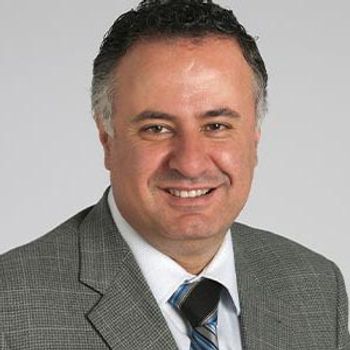
Imad Najm, MD, provided commentary on the long-term efforts needed to understand the origins of neurological brain diseases and his desire to copy the success of the cardiovascular field.

Take 5 minutes to catch up on NeurologyLive®'s highlights from the week ending February 18, 2022.

Joan K. Austin, PhD, RN, FAAN, commented on this issue within the field, discussing key findings from 2 recent reviews completed by the International League Against Epilepsy Task Force on Stigma in Epilepsy.
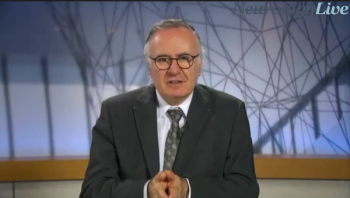
The director of Cleveland Clinic’s Epilepsy Center discussed the currently known overlap between neurological diseases and the need to identify causative biomarkers. [WATCH TIME: 4 minutes]
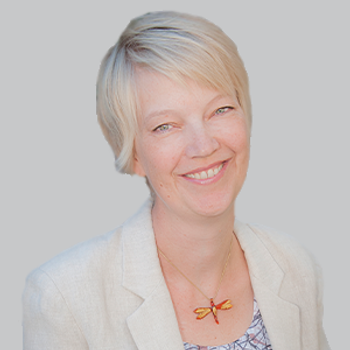
With the physician deficit projected to grow larger within a decade, this global challenge has become a major focus of large organizations and medical societies.

With one-third of the 3.4 million US patients with epilepsy currently experience drug-resistant epilepsy, creating an urgent need for novel intervention strategies, such as stimulation approaches.

Here's what is coming soon to NeurologyLive®.

Take 5 minutes to catch up on NeurologyLive®'s highlights from the week ending February 11, 2022.
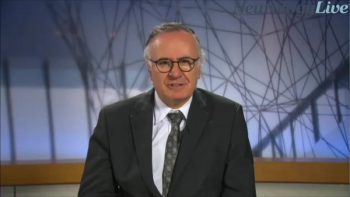
The director of Cleveland Clinic’s Epilepsy Center provided insight on a new 20-year initiative to uncover more about the origins of neurological diseases and how they occur prior to symptom onset. [WATCH TIME: 3 minutes]

The director of Cleveland Clinic’s Epilepsy Center discussed the new Cleveland Clinic Brain Study, which will evaluate predisease fingerprints from patients who go on to develop neurological disorders.

Here's what is coming soon to NeurologyLive®.
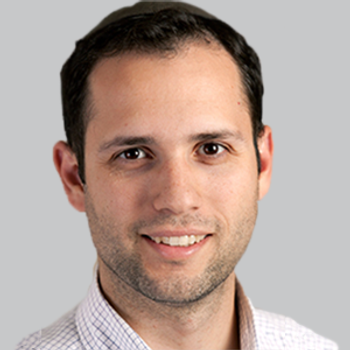
At the 2-year time point, more than 40% of preadolescent and approximately 55% of adolescent patients retained treatment with perampanel after initiation during routine clinical care.

Investigators concluded that the prompt was ‘well-suited’ for use in clinical care, but additional research is needed to better understand the association between PELHS-QOL-2-Medications and race.
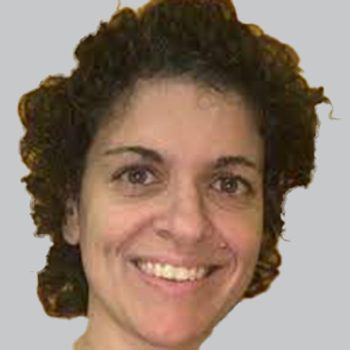
Investigators noted that while epilepsy did not increase the risk for sleep disorders, there was a strong association identified with TSC-association neuropsychiatric disorders, necessitating early detection.

Take 5 minutes to catch up on NeurologyLive®'s highlights from the week ending February 4, 2022.

Most child neurologist respondents were generally early in their career, had diverse subspeciality training, and tended to work at large, resource-rich centers capable of multimodal neuromonitoring.

Although research illustrates the persistence of inequities between women and men in neurology, 3 women leaders shared encouraging thoughts and experiences highlighting the progress made in recent years.
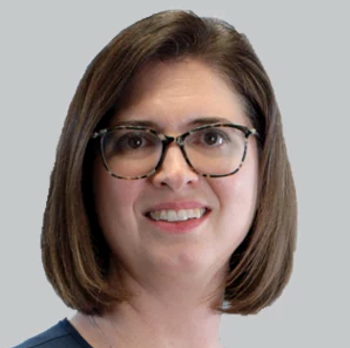
Collaboration can result in greater success than what one can achieve alone, and for women physicians, this rings truer than ever before, writes Jill M. Farmer, DO, MPH.
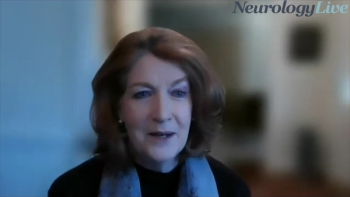
In light of National Women Physicians Day, the assistant clinical professor at Vanderbilt University School of Medicine commented on the roles women have played historically, and her perspective on where they stand now. [WATCH TIME: 12 minutes]
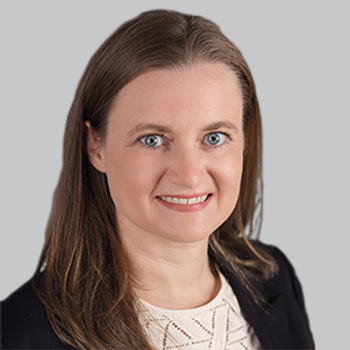
Theresa Sevilis, DO, writes on picking a career path in medicine as a woman, and how deciding to jump ship from a traditional path was among the best decisions she's made.
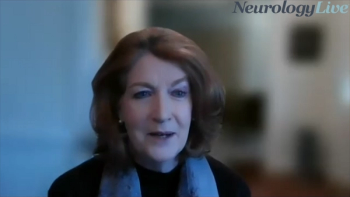
The assistant clinical professor at Vanderbilt University School of Medicine shared what National Women Physicians Day means to her, and the history behind its celebration. [WATCH TIME: 6 minutes]


